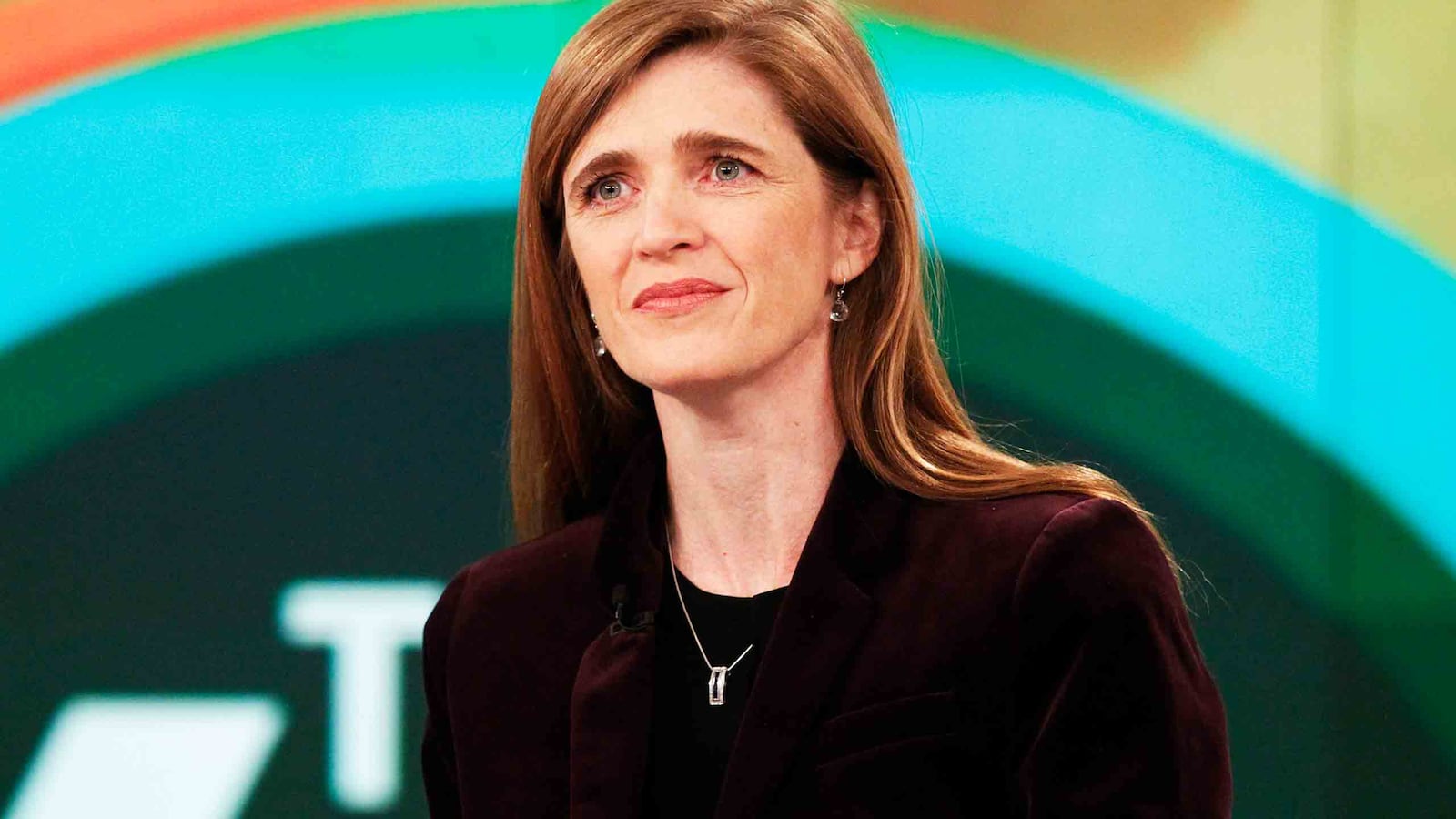Two modest Russiagate puzzles that do not fit easily into any case for or against President Trump, took new turns in recent days.
First, the Senate Judiciary Committee’s intention to subpoena Fusion GPS founder Glenn Simpson about his work in the 2016 campaign as well as his work in the interest of the Kremlin turned suddenly into a negotiation with incomplete results.
Senator Grassley commented on the terms of the change of heart in his opening statement: “I withdrew the subpoena after Mr. Simpson agreed to a transcribed staff interview about (1) his involvement in creating the Trump dossier and interactions with the FBI and (2) his alleged work with the unregistered foreign agents who met with the Trump family and campaign officials.”
Grassley articulated the contradictions surrounding Fusion GPS.
On the one hand, since 2013 Fusion GPS has been working with potent Russian interests to undo the Russia-sanctioning 2012 Magnitsky Act and to deride its chief advocate, London-based investor Bill Browder.
Grassley remarked, “Since March, I’ve been asking about the Russians who were working with Fusion GPS to smear Mr. Browder and undermine the Magnitsky Act.”
On the other hand, immediately after noting Fusion GPS worked in the hire of Kremlin interests, Grassley laid out the puzzle piece that does not fit:
“Mr. Simpson’s Fusion GPS is the same firm that oversaw the creation of the unverified Trump Dossier.”
Grassley asked trenchant questions in rapid fire: “There are public reports that the FBI used the dossier to kick start its Russia investigation. Did the FBI know that Fusion pitched Russian propaganda for another client as it pushed the dirty Trump dossier? What would that say about the reliability of the information? If the dossier was represented to any court, should this fact have been disclosed?”
Strangely, none of these inquiries appear to be what Simpson, a former Wall Street Journal reporter, most cares about withholding from the Senate Judiciary Committee.
It is reported that Simpson will only answer the committee’s questions if he is not asked for the name of the Democratic partisan who hired him in order to create what became Christopher Steele’s “Trump Dossier.”
Who is he or she who must remain a secret from not only the public but also the Congress and the administration?
The other turn for the Russiagate affair also revolves around a Democratic name, though this one is known, former UN Ambassador Samantha Power.
In May, Chairman Devin Nunes of the House Intelligence committee sent subpoenas to the NSA, CIA and FBI seeking documents related to unmasking requests by three former Obama officials, CIA Director John Brennan, National Security Adviser Susan Rice and Power.
At the time, the odd detail was the inclusion of Power, since it is common sense that UN ambassadors have little use for unmasking the names of Americans who are overheard in the course of surveilling a communication by a foreign national.
Last week, in an extraordinary letter to Director of National Intelligence Dan Coats, Nunes reported, “…(W)e have found evidence that current and former government officials had easy access to U.S. person information and that it is possible that they used this information to achieve partisan political purposes, including the selective, anonymous leaking of such information.”
Nunes — whose own unmasking requests have been the subject of much scrutiny — focused on one name of the three he identified in May:
“(T)his Committee has learned that one official, whose position has no apparent intelligence-related function, made hundreds of unmasking requests during the final year of the Obama Administration.”
It is generally assumed and reported that this “one official” was Power.
More puzzlingly, Nunes offered this about the “hundreds of unmasking requests” in 2016: “Obama-era officials sought the identities of Trump transition officials within intelligence reports. However, there was no meaningful explanation offered by these officials as to why they needed or how they would use this U.S. person information.”
Power has never commented, not in May and not now. However her counsel, David Pressman, a partner at Boies Schiller Flexner LLP, responded, "While serving as our Permanent Representative to the United Nations, Ambassador Power was also a member of the National Security Council responsible for advising the President on the full-range of threats confronting the United States. Any insinuation that Ambassador Power was involved in leaking classified information is absolutely false."
5
“Insinuation” is a striking conclusive subject noun in this instance, suggesting unhappy partisan finger-pointing.
It appears that Nunes wrote Coats not to seek conflict with Power but rather to recommend adjusting legislation to anticipate the hard to-explain-conduct of one official seeking what could appear to be routine partisan electioneering that was costumed as foreign intelligence gathering.
Nunes certainly did not write that Power was suspected to have leaked the names of the of Americans — including General Michael Flynn — overheard in those intercepted conversations with foreign nationals.
The puzzles remain. Why did Power seek “hundreds” of American names, some of them later unmasked in the midst of election year 2016?
Why the need for the names of Trump campaign workers by an official serving a Democratic administration that was working diligently to elect Trump’s opponent?
Was there any connection between a Democratic official’s unmasking of Trump campaign names and the development of Fusion GPS’s “Trump Dossier” for an unnamed Democratic partisan who paid for it?
Truly, these are just questions — known unknowns, as a Republican philosopher once put it. We await answers.






